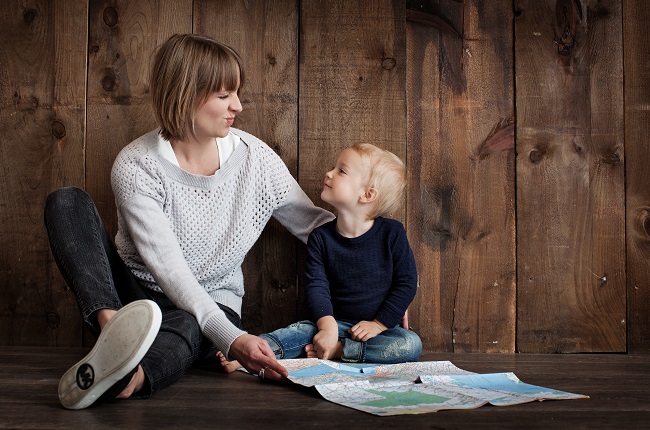The current, global pandemic is taking a huge toll on the world’s mental health, and children are not immune to it. At this moment, perhaps more than ever before, parents have to step up to support their child through these dark times.
Developing a child into a happy, balanced, positive individual is no easy feat. With human behavior, there is no formula that applies to all. However, there are some good parenting tips out there that have helped many.
To read these tips in detail, check out the list below.
1. Meaningful and Specific Praise
Providing a child with enough encouragement is the essential foundation of developing that child’s positive attitude. However, this encouragement is often too vague. It needs to be specific and meaningful to have the greatest impact.
Phrases like “Good job” are nice sentiments, but they are heard far too often and their effect quickly fades. Instead, pick something specific that the child did so they can learn to identify that characteristic within themselves.
2. Reframe Negative Thoughts
Negative thought patterns are dangerous and often lead to negative utterances. Parents shouldn’t tell a child not to do it, but help them reframe their sentence with more positive language.
You May Also Like: 7 First Time Parent Tips Anyone Should Learn.
For example, instead of, “I can’t do it,” try, “I can’t do it, yet.” Parents can also help avoid negative thought patterns and language by avoiding the word no and helping children think through decisions. One of the benefits of ABA therapy for kids is that it helps with this.
3. Practice Differentiation
Sometimes when children get stuck, they need to find a way around their obstacle. This is something teachers have to do in their classrooms — it’s called differentiation. Parents can differentiate in three different areas: content, process, and product.
Maybe the child needs to see different types of content, like videos, concrete manipulatives, or a model example. The child may also benefit from using different processes, like collaborating with others. Finally, products can be differentiated by giving children a choice in their work.
Read More: Are you trying to save time with Permissive Parenting?
4. Make a Success Portfolio
When a child fails or makes mistakes, the worst outcome is for that child to take a hit to their self-esteem. In these moments, it’s time to pull out the success portfolio.
Over the years, hang on to the high scores, great projects, and other examples of when their efforts paid off. Take a moment to look through this success portfolio and reinforce the child’s self-efficacy.
5. Be a Good Role Model
It may sound almost cliche, but this is likely the hardest item on the list. Parents have to model the behavior they wish to see in their children. Of course, it’s okay to fail or make mistakes, but parents have to acknowledge these mistakes and let their children reflect on them with them.
Being a model in real life provides children with “teachable moments” that are far more relevant and meaningful to them than anything that’s done in a classroom.
More Useful Parenting Tips
Children have not yet established a fixed mindset or a growth mindset. Their brains and thought patterns are more malleable, making them easier to change. While they are still young, it’s up to parents (and teachers) to help students develop a positive, growth mindset.

